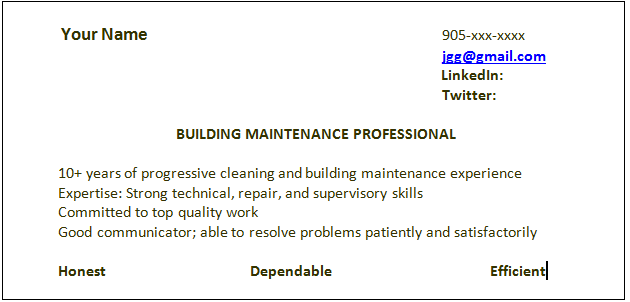I’m going to a career and job fair next week. It promises to be a fantastic event with lots of employers looking to hire. I am an experienced building maintenance manager with over 10 years experience in managing the operations of different properties for a mid-sized company.
Do I need to prepare and bring with me calling / business networking card?
Signed: Calling Card Case (CCC)
Dear CCC
I’ve observed how calling cards as a critical networking tool seem to be less important now that using social media, especially Linkedin, has become the more popular networking technique and as we move towards a paperless society.
However, JVS Toronto Employment Counsellors agree that calling cards still have some of the following benefits as a networking and branding tool:
It’s a portable marketing device.
You never know when you will meet someone who can help you with your job search. These cards allows you to leave your details with potential contacts whom you did not expect to meet. People will accept a card under almost any circumstances, whereas they may not accept your resume.
Attach it to an application form.
This technique could set you apart from other candidates. Attach it to a thank you letter after an interview as a reminder of your skills, or to a cover letter to introduce yourself. Post it on bulletin boards to market your services. It will encourage people to give you job leads, summarize your skills for your references and give out to businesses you may spot in passing. It will point out to others how to pronounce or spell your name.
Design and print networking cards.
It is an inexpensive tool. You can make your own calling cards using a publishing program, MS Office or on the web. Or, you can buy the card stock at a local print or office supply store, and print your cards off on your printer. Networking/calling cards are the same as business cards: they have your key contact information the way business cards do, but instead of listing a company and job title, a networking card focuses on your career or professional goal and highlights your skills and expertise.
Here is a sample:
Joanna
Joanna Samuels B.Ed. (Adult Education), M.Ed., CMF, CTDP, RRP is a certified Life Skills Coach and Personality Dimensions Facilitator who works as a Job Developer/Job Coach/Workshop Facilitator, as well as a part-time instructor of employment counselling with people with disabilities at George Brown College.




Leave a Reply